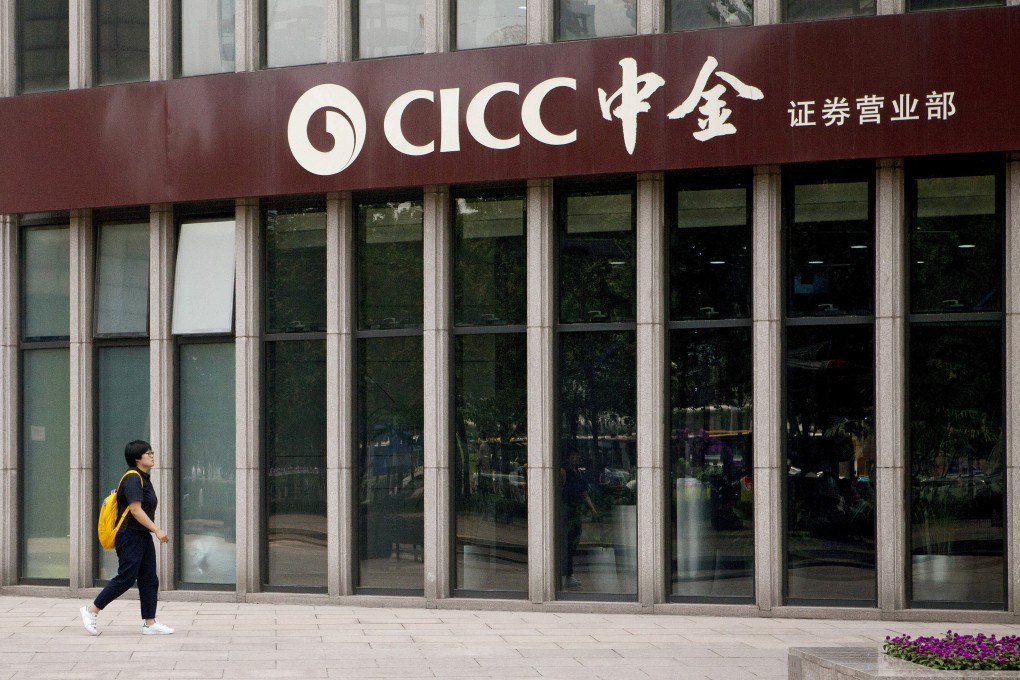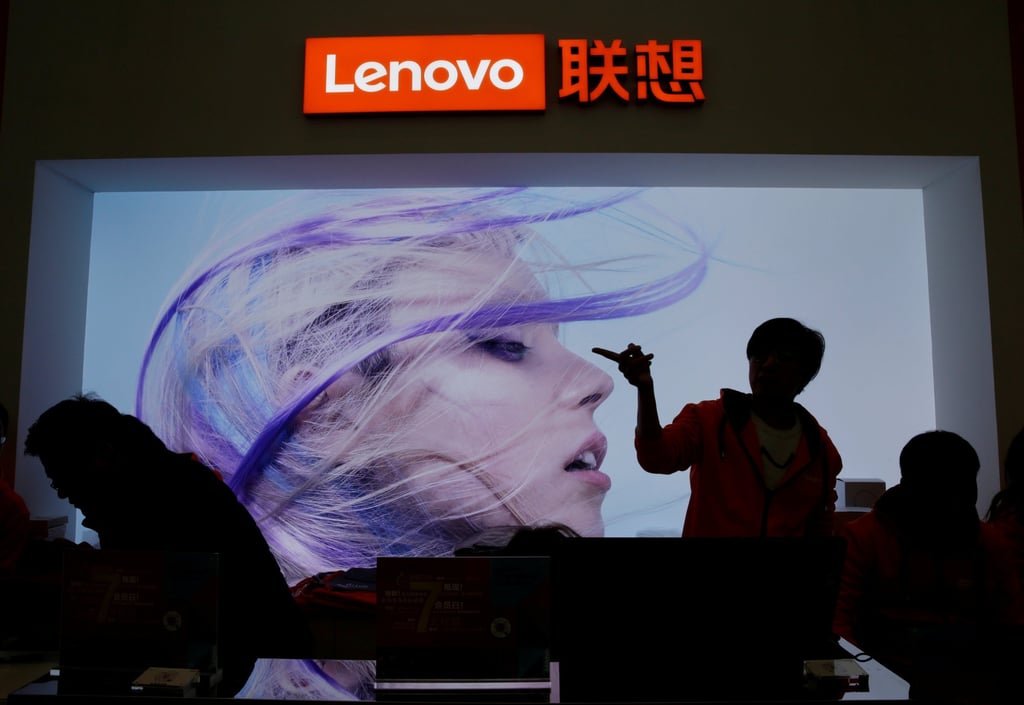China’s regulator cites investment bank CICC for negligence in arranging Lenovo’s US$1.8 billion IPO on Star Market
- CICC failed to completely and accurately evaluate Lenovo’s business nature as to whether it qualified for “scientific and technological innovation,” CSRC said
- CICC mainly relied on documents provided by Lenovo, the regulator said.

China’s securities regulator has taken the nation’s largest investment bank to task for underwriting the US$1.8 billion initial public offering (IPO) by Lenovo in Shanghai, in a move that sends another chilly gust through the capital markets.
The bank’s staff failed to follow the review procedures in verifying whether Lenovo’s business qualified for the scientific and technological innovation requirement of the market, according to a statement by the China Securities Regulatory Commission (CSRC), adding that it had summoned five CICC executives to discuss the matter.
It was not immediately clear if CICC faced a reprimand or penalty over the incident. Spokespeople of CICC and the CSRC were unavailable for comment in Beijing. CICC’s shares closed unchanged in Hong Kong, rising 1.2 per cent in Shanghai amid a rally among stockbrokers and investment banks.
